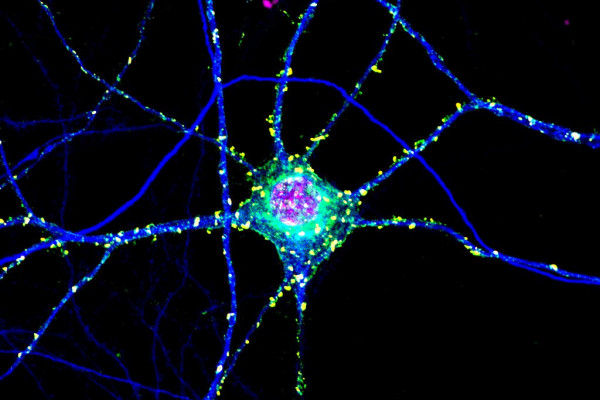Researchers have used stem cells to make neural implants more refined and with less scar...
Interviews with Scientists
Interviews about medicine, science, technology and engineering with scientists and researchers internationally...
New research suggests all of us have some ability to tell when animals are feeling stressed.
It's not just the cyclists who go for gold, there's some serious science behind the bikes.
This week, Kat Arney’s holding her nose in search of the truth behind a whiffy myth...
A glue that can cope with the wet and dynamic conditions of human bodies has been created after scientists found...
New insights may help us understanding and target the spread of tumours.
Deep sea mining could provide us with more renewable energy, however, it could have dramatic impacts on the things that...
How a mathematical search theory can be used to hunt for sunken ships on the bottom of the ocean.
How do underwater robots survive the intense pressures of the deep, and what are they being used for?
What is it like to go thousands of metres beneath the waves?
Why aren't the biggest animals always the fastest?
Could a quantum computer the size of a football pitch reveal the meaning of life, the Universe and everything?
We reveal the final entry for Marine Month's Critter of the Week.
What kind of future awaits our oceans, and why should we care?
How do astronauts keep breathing in space, and how could that help us down here on earth?
Where does the carbon volcanoes expel into the atmosphere come from?
Many people survive traumatic injuries, only to die from multiple organ failure in hospital, and we still don't...
Imagine a tiny, thimble-shaped creature, invisible in water - and deadly. Step up, the Irukandji jellyfish!
The ocean is a noisy place! Underwater acoustics explores what the watery world sounds like and what impact humans are...
Scientists in Perth, Western Australia are using drones to collect samples from whales to study their health.
The greatest migration on the planet occurs every day, in the ocean, and vertically.
Our lives ultimately depend upon some of the smallest life forms on Earth - the constituents of the ocean microbiome.
Two institutes on opposite sides of the Atlantic developed a joint course to encourage networking between early-career...
How accurate is the primate science in War of the Planet of the Apes?
